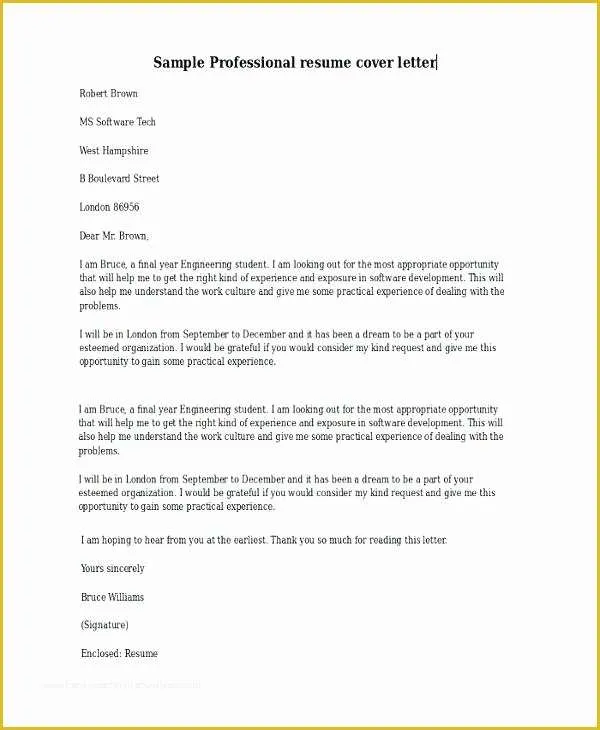Why Your LPN Cover Letter Matters
In the competitive field of Licensed Practical Nursing (LPN), a well-crafted cover letter is your first chance to make a strong impression. It’s far more than just a formality; it’s a crucial tool that can set you apart from other applicants and significantly increase your chances of getting hired. A cover letter allows you to go beyond your resume and demonstrate your personality, passion for nursing, and how your skills align with the specific requirements of the job. It’s a prime opportunity to highlight your unique qualifications and experiences that directly match the employer’s needs. Think of it as your personal introduction, where you can briefly tell your story and explain why you’re the best fit for the role. A compelling cover letter shows that you care enough to tailor your application, indicating your genuine interest in the position and the organization.
Key Elements of a Winning LPN Cover Letter
A successful LPN cover letter should include several key elements. Start with a professional heading, including your contact information and the date. Address the hiring manager by name if possible; personalized communication shows initiative. Begin with a strong opening paragraph that immediately grabs the reader’s attention, stating your purpose and expressing your interest in the position. In the body paragraphs, highlight your most relevant skills and experiences, linking them directly to the job description. Use specific examples to illustrate your accomplishments and how you’ve contributed to positive patient outcomes. Finally, conclude with a call to action, expressing your enthusiasm for an interview and your gratitude for their time and consideration. Ensure your letter is concise, well-organized, and free of errors; professionalism is key to a great cover letter. A great cover letter for the LPN position should be able to showcase your expertise.
Highlighting Your Skills and Experience
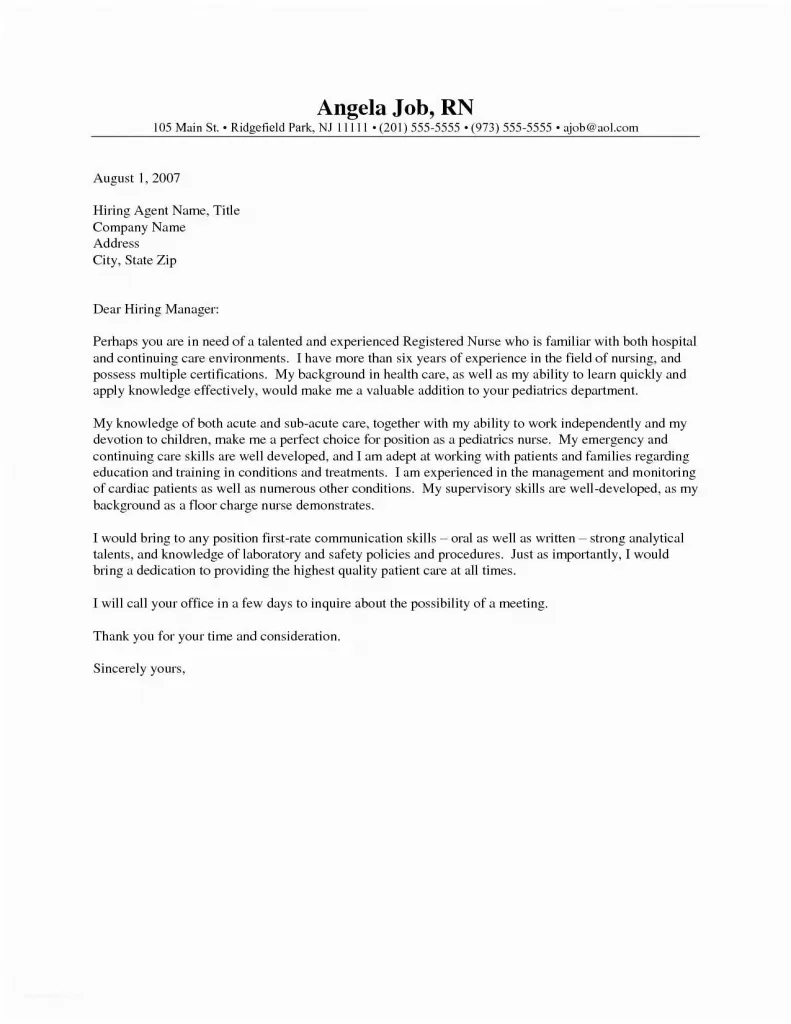
The most effective way to impress a potential employer is to connect your abilities to the job description. Analyze the job posting carefully and identify the skills and experiences the employer values most. Then, in your cover letter, provide clear, specific examples of how you’ve demonstrated those skills. If the job requires experience with electronic health records, describe how you’ve used such systems in previous roles. If patient communication is a priority, share an anecdote about how you successfully managed a challenging patient interaction. Quantify your achievements whenever possible; for example, mention how you improved patient satisfaction scores or reduced medication errors. This approach, that showcases skills, helps employers visualize your ability to succeed in the role and makes you a highly competitive candidate. Demonstrating skills is crucial to obtaining a job.
Specific Skills to Showcase
As an LPN, you possess a unique blend of technical skills and interpersonal abilities. In your cover letter, make sure to highlight these crucial skills. Mention your proficiency in administering medications, wound care, vital signs monitoring, and patient assessment. Equally important are your soft skills, such as communication, empathy, and teamwork. Provide examples of how you collaborate with other healthcare professionals, communicate effectively with patients and their families, and handle difficult situations with compassion and professionalism. Any specialized skills, such as experience in a specific medical setting or with a particular patient population, should be clearly stated. Tailor this section to match the specific requirements of the job; for example, emphasize your experience with geriatric care if applying for a position in a nursing home. This strategic approach demonstrates your suitability for the role.
Examples of Action Verbs to Use
Using action verbs in your cover letter helps bring your accomplishments to life and makes your qualifications more engaging. Start each sentence by using strong verbs. Instead of saying, “I was responsible for taking care of patients,” try “Provided compassionate care to patients.” Other effective verbs include: “Assessed,” “Administered,” “Educated,” “Collaborated,” “Implemented,” “Managed,” “Monitored,” “Developed,” “Trained,” and “Improved.” For example, “Assessed patient conditions and reported findings to the registered nurse,” or “Implemented new protocols to improve medication administration accuracy.” These action verbs convey your capabilities and make your cover letter more powerful and memorable. Make a list of the verbs that best describe your actions and activities at the job.
Tailoring Your Cover Letter to the Job
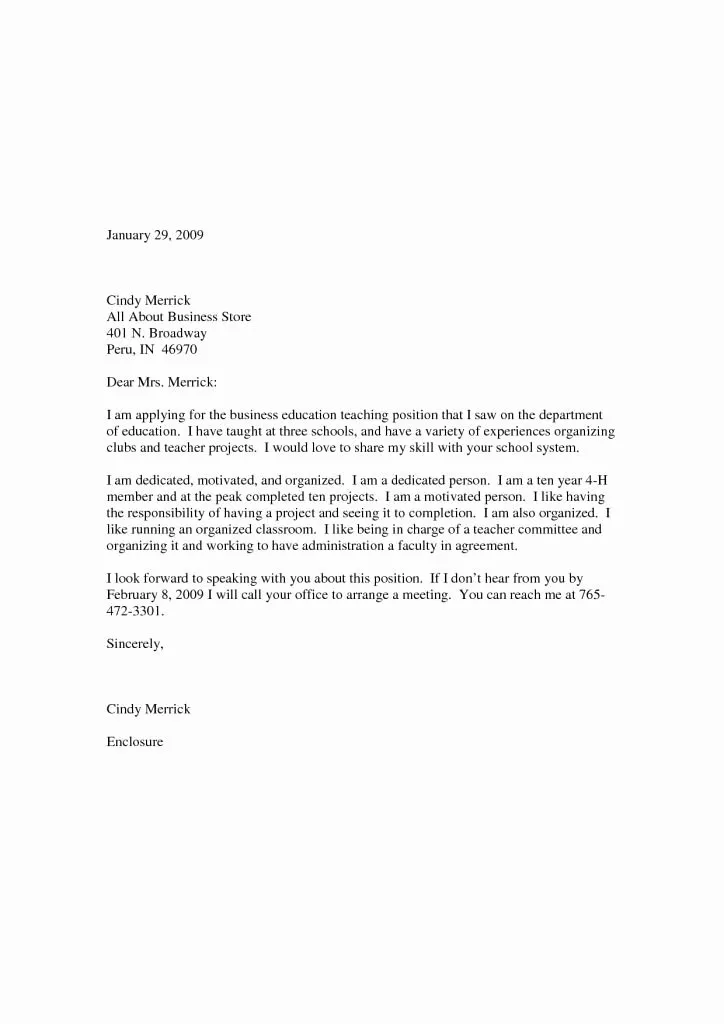
One of the most common mistakes in cover letters is sending a generic letter. The key to standing out is to customize each cover letter for the specific job you’re applying for. Start by carefully reading the job description and identifying the key skills and qualifications the employer is seeking. Then, in your cover letter, explicitly address how your experience and skills align with those requirements. Use the same keywords and phrases from the job description where appropriate, as this helps the hiring manager quickly see the connection. Show, don’t just tell; provide concrete examples that demonstrate your ability to meet the employer’s needs. Tailoring your letter is crucial; it shows that you’ve taken the time to understand the position and the organization.
Researching the Employer and the Role
Before you start writing your cover letter, dedicate some time to researching the employer and the specific role. Visit the organization’s website to learn about its mission, values, and services. This information will help you tailor your cover letter to demonstrate your interest in the company and your understanding of its needs. If possible, research the hiring manager or the person who will be reading your letter. Knowing their background can help you personalize your letter further. For the role itself, try to find out as much as possible about the responsibilities and expectations. This research will enable you to use the correct terminology and highlight the most relevant skills and experiences. This demonstrates initiative and a genuine interest in the opportunity.
Formatting Your Cover Letter Professionally
The format of your cover letter is just as important as the content. A well-formatted cover letter is easy to read and demonstrates your professionalism. Use a standard business letter format, including your contact information at the top, followed by the date, and the employer’s contact information. Choose a clean, readable font, such as Times New Roman or Arial, and use a font size between 10 and 12 points. Use single spacing for the body of the letter, with a blank line between paragraphs. Make sure your letter is concise, typically no more than one page. Avoid excessive use of italics, bolding, and underlining. Proofread carefully to ensure there are no typos or grammatical errors. A well-formatted cover letter reflects your attention to detail and enhances your chances of getting noticed.
Tips for a Clean and Readable Format
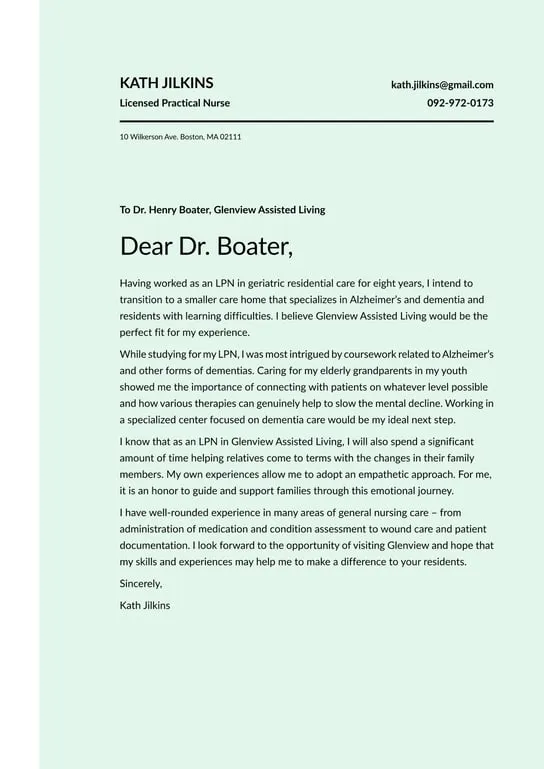
Clarity and readability are paramount. Keep your paragraphs concise and focused; avoid long, dense blocks of text that can be difficult to read. Use bullet points to highlight key skills or accomplishments, especially when listing multiple items. Use consistent formatting throughout your letter, including font style, size, and spacing. Make sure to use sufficient white space to visually separate different sections of the letter. Ensure that the margins are even and the text is properly aligned. A well-organized and formatted letter is easier for the hiring manager to read and understand, making a positive impression. You can use the format of the job posting to make your cover letter even more effective.
Proofreading and Editing Your Cover Letter
Proofreading and editing are critical steps. Before you submit your cover letter, carefully proofread it for any typos, grammatical errors, and formatting inconsistencies. Read it aloud to yourself, which can help you catch mistakes you might miss otherwise. Ask a friend, family member, or career counselor to review your letter as well; a fresh pair of eyes can often spot errors that you may have overlooked. Ensure that the tone of your letter is professional and appropriate for the healthcare setting. Check the spelling of the hiring manager’s name and the organization’s name; incorrect information can make you look careless. A polished and error-free cover letter reflects your attention to detail and commitment to excellence.
Common Mistakes to Avoid
Several common mistakes can undermine your LPN cover letter. Avoid generic cover letters; always tailor your letter to the specific job. Don’t simply restate your resume; use the cover letter to provide context and highlight your most relevant skills and accomplishments. Be careful not to use jargon or technical terms that the hiring manager may not understand. Avoid negativity; focus on your strengths and what you can bring to the role. Don’t include information that is not relevant to the job. Proofread carefully to eliminate any errors. By avoiding these common pitfalls, you can increase the chances of your cover letter making a positive impact and getting you an interview.
Conclusion Get Your LPN Cover Letter Right
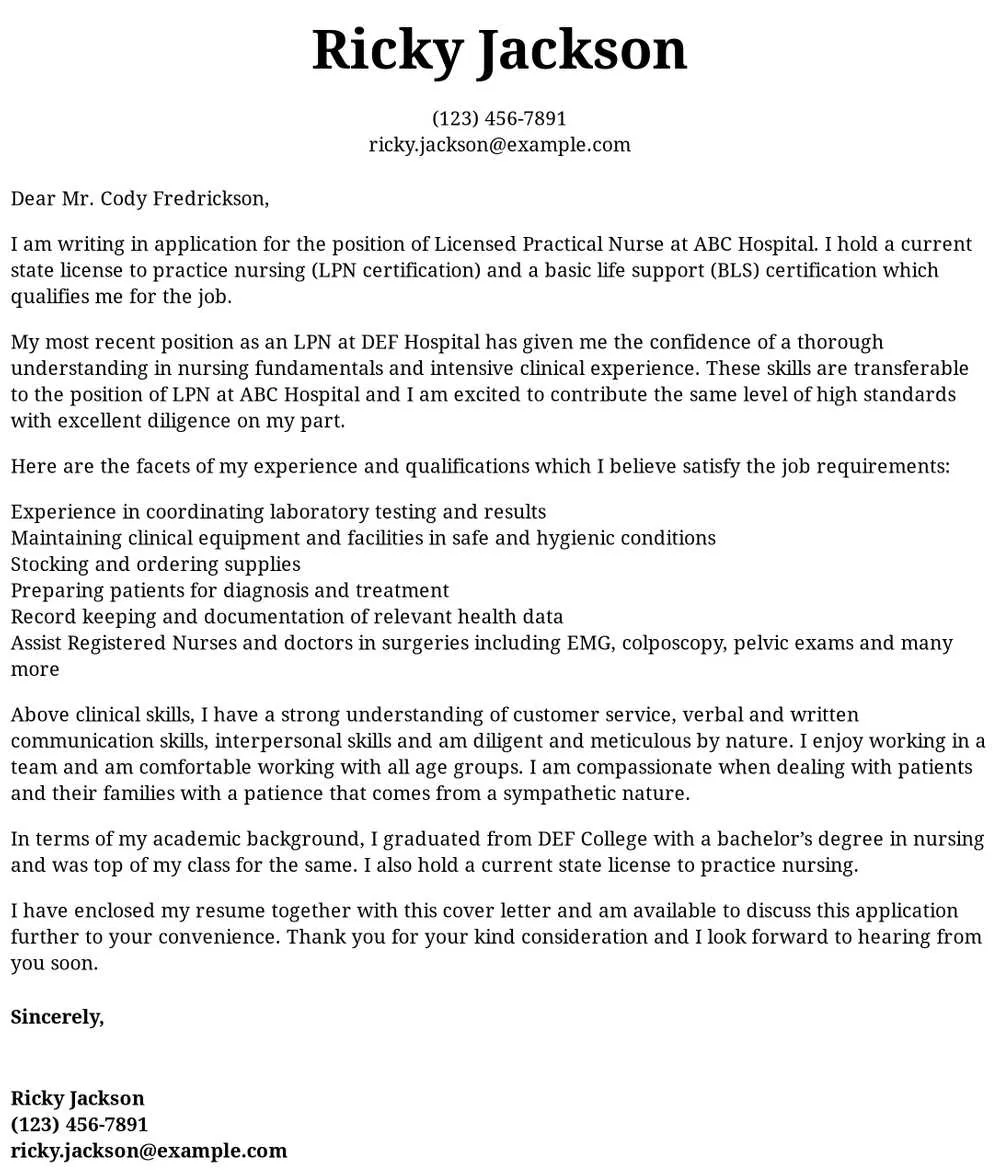
Writing a compelling cover letter is an essential step in your LPN job search. A well-crafted letter, that highlights your skills, showcases your experiences, and demonstrates your passion for nursing, can set you apart from other candidates. By following these secrets, tailoring your letter to each job, highlighting your skills, and paying attention to formatting and proofreading, you can create a cover letter that gets you noticed and helps you land your dream job. Don’t underestimate the power of a great cover letter; it could be the key to unlocking your future in nursing. Always make the effort of creating a great cover letter for any job position you are interested in.
